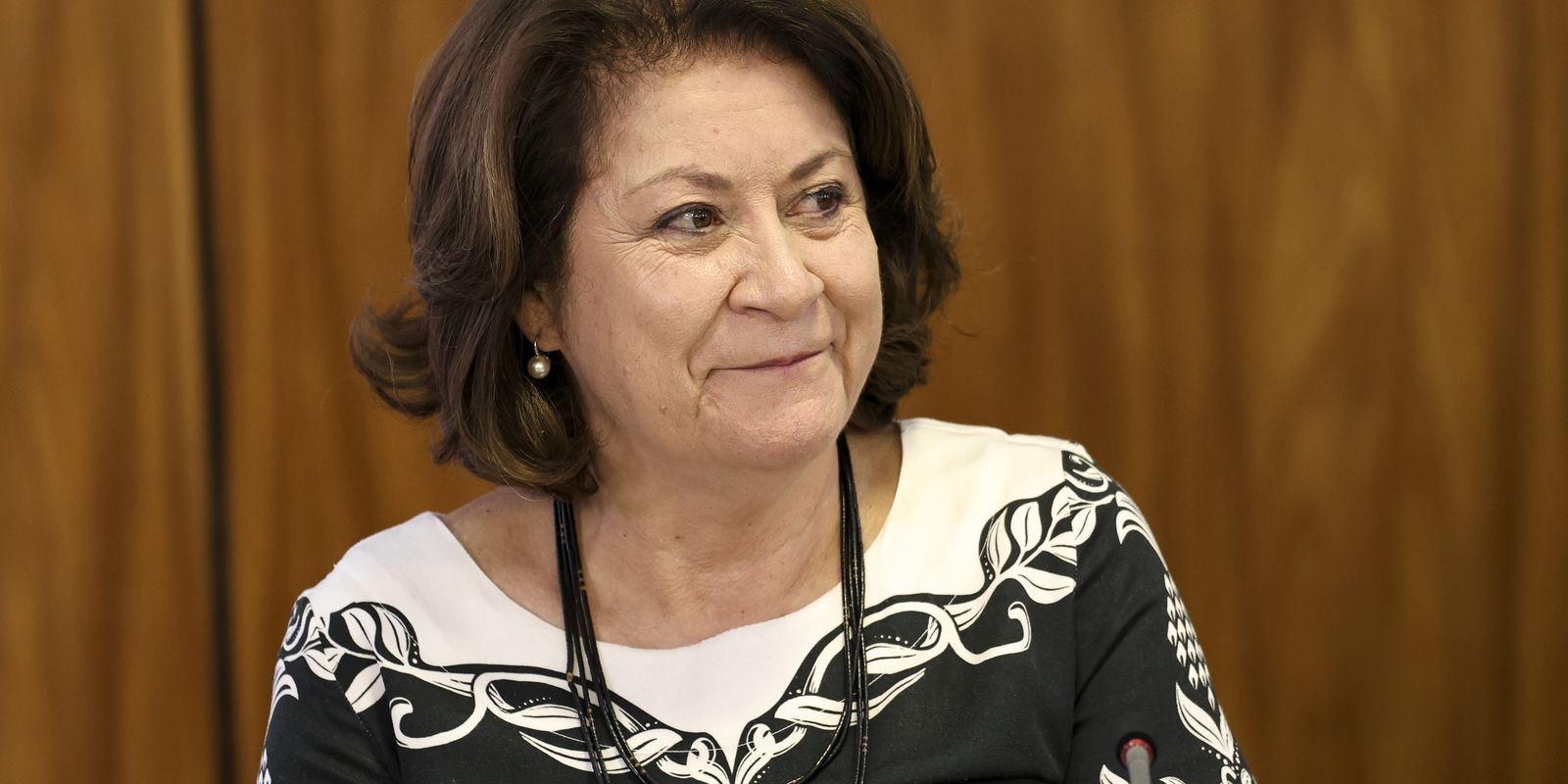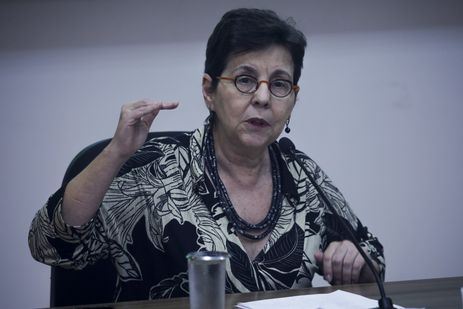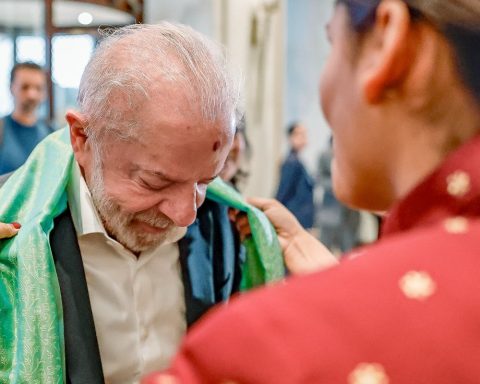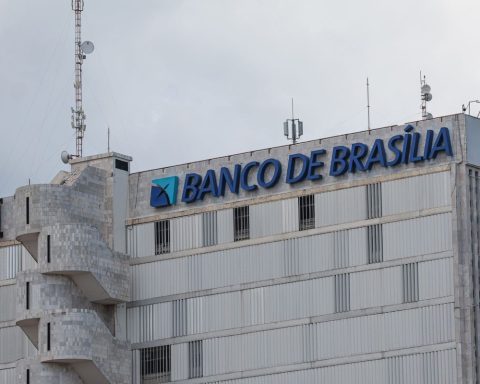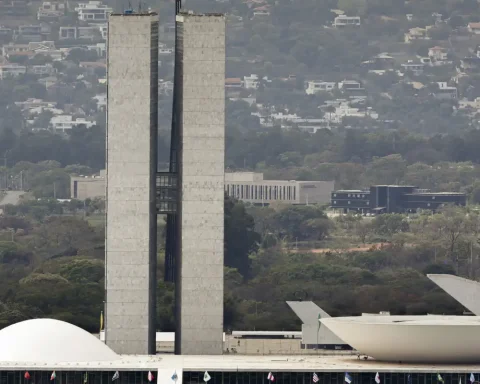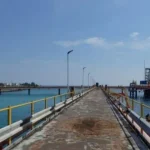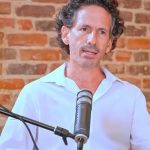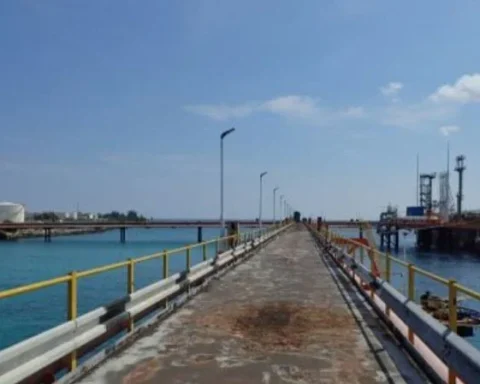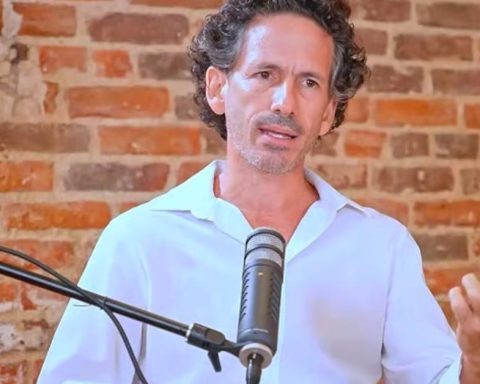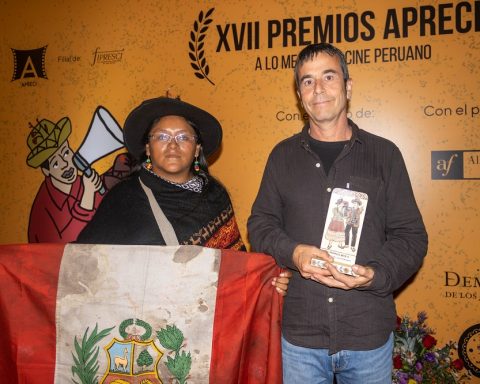It is not possible to talk about strategic goals and the future without planning, and this is a factor that needs to be intensified to strengthen the State, said the executive secretary of the Civil House of the Presidency of the Republic, Miriam Belchior, who participated, this Tuesday (23), in the second day of the meeting States of the Futureat the headquarters of the National Bank for Economic and Social Development (BNDES), in downtown Rio.
According to Miriam, the State of the future needs to be able to formulate goals for the country’s economic, social, democratic and environmental transformation, related to all contemporary challenges. “Setting medium and long-term objectives. Therefore, it is necessary for the State to be able to develop the capacities of its citizens, companies and itself.”
The secretary said that some goals, such as the climate challenge, go beyond the limits of individual countries and that, in order to face it, other nations must do their part. “Clearly, this is a goal that does not depend, in this case, solely on Brazil. It depends on a combination of international efforts to achieve the objective of combating the effects of the climate,” she said.
For her, the State in general and the State of the future, which is the focus of the discussions at the meeting, must also be capable of developing its strategic role as an instrument of collective action by a nation to elevate its entire population to the maximum rights provided by national wealth, obtained through a market economy, but fully developed and integrated into global chains.
All the countries in which, in recent decades, the State has managed to guarantee this higher level of development and dignity and rights to the population have followed different paths, but they all have one thing in common: the State played a fundamental role in achieving these objectives, said Miriam, adding that any Asian country you look at has this trait.
According to the Chief of Staff, this is a unique moment in which the need for a State of the future has entered the global public agenda in an important way. She cited statements by the Minister of Management and Innovation in Public Services, Esther Dweck, at the opening of the meeting, stating that the relevance of the State has once again been recognized. “The State is back in fashion. We know that, in fact, it has never left the scene, much less in the countries that most favored the agenda of its weakening externally,” Esther Dweck said yesterday.
For Miriam Belchior, the world is experiencing a combination of disruptive and simultaneous uncertainties and tensions, which pose challenges on a planetary scale. “For each of us, for all of us, collectively, and above all for the nation states that have to face this combination of uncertainties and tensions.” She highlighted challenges such as the climate crisis, which puts the planet at risk; the frantic search for economic development amidst the dispute between global economic hubs; the growth of social inequalities in the world, including in developed countries; and the growing precariousness and informality of the labor market, which result in the vulnerability of workers.
The secretary also highlighted the fear of permanent attacks on democracy in the world and the existence of a “brutal questioning” of the State’s capacity to provide services based on two main elements: the insufficiency of its financing base and the escalation of digital transformation that has established a standard of service not achieved by the State.
“All of these challenges, among many others, simultaneously test the capacity of nation states. This is the moment we find ourselves in, and here we are discussing how to deal with all of this. From my point of view, the minimal state model advocated by economic liberalism in its various forms cannot respond to these enormous challenges,” stated Miriam Belchior. For her, moments like the pandemic have shown that the State is increasingly important. “I don’t think that a smaller State can deal with this very challenging reality.”
Restoration Arch
BNDES’s Socio-Environmental Director, Tereza Campello, highlighted the importance of the State’s presence in addressing the needs of the population, as mentioned on the first day of the meeting. According to Tereza, this importance was emphasized in everyone’s speech. “This was present in all the speeches with more or less detail, and one of the things that was very clear is that we do not accept this narrow role of acting on market failures; we are here to promote development and the law.”
In Tereza Campello’s opinion, none of the countries – rich, poor or developing – are prepared to face the tragedies and climate change. “The tragedy is already a foregone conclusion: what we said in the 90s and early 2000s that we would avoid. We have already reached the 1.5°C that we were trying to avoid. Therefore, we will not be able to prepare the State to face this challenge.”
In the area of combating the effects of climate change, Tereza detailed the BNDES project called Arco da Restauração. “We took on this mission and this task of building a gigantic project. Whether due to the scale or the impact it intends to generate, I would say that the project fits into one of the country’s missions, which is to rebuild the Amazon.”
“The idea [é] of the Amazon as one of the great solutions for the planet. Most countries have been discussing how to reduce their emissions. Our emissions curve has actually only been increasing. The world is facing the task of how to reduce emissions. This is no longer enough. We can no longer just reduce emissions: 1.5°C has practically been agreed upon. We need more than just reducing emissions, and that is what we are trying to set ourselves as a task. The idea that Brazil has returned. I am not saying that we will not work to reduce emissions,” he added.
For reconstruction, the project proposes capturing carbon and preserving biodiversity, generating employment and income associated with restoration chains, and building a barrier to contain the advance of deforestation. According to the initiative, the existence of the forest already ensures that the Earth’s temperature is 1°C cooler. “We want to rebuild and transform the Arc of Deforestation, which is the region where deforestation enters the Amazon, an agricultural frontier that has been deforested over the decades, and transform it into the Arc of Restoration,” he said.
According to the BNDES director, the region stretches from Acre to Pará, and the project aims to restore 24 million hectares. In the first phase, 6 million hectares will be recovered, and the bank has calculated that R$51 billion will be needed to achieve this. “This is a task that Brazil has set itself, but we need support. We do not have the resources to carry out this entire mission. We need to rely on the private sector and, by 2050, an additional 18 million hectares. With this, in the first phase, 1.6 billion tons of carbon will be removed from the atmosphere. We are helping to achieve 1.5°C,” she concluded.
States of the Future
Side event of the G20, an international forum that brings together the 19 largest economies in the world, plus the European Union and the African Union, the States of the Future was organized to articulate and share diverse visions, strategies and innovative practices of governments, think tanks (institutions that produce knowledge), civil society, academia, the private sector and international organizations, which can transform public services and governance, introducing modern technologies and responding to shocks and crises that challenge the state’s capacity to face the emerging challenges of the 21st century.
At the center of the discussions are topics such as industrial and economic policies, climate emergency, digital transformation, global governance, diversity, health and education.
O States of the Future It is carried out by the Ministries of Management and Innovation in Public Services, Foreign Affairs and Development, Industry, Commerce and Services, by BNDES and by the Organization of Ibero-American States for Education, Science and Culture in Brazil, with support from the United Nations Development Program (UNDP), the Open Society Foundations, Maranta and República.org.
